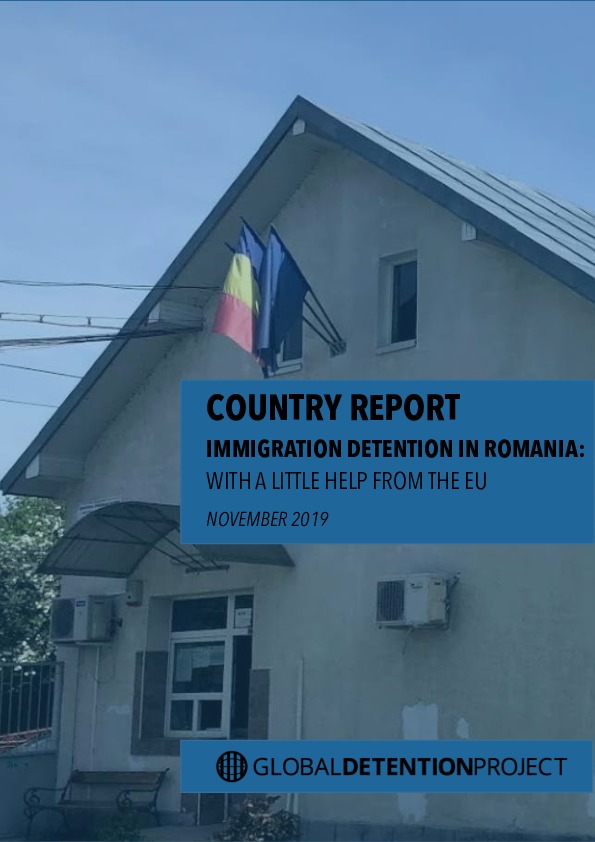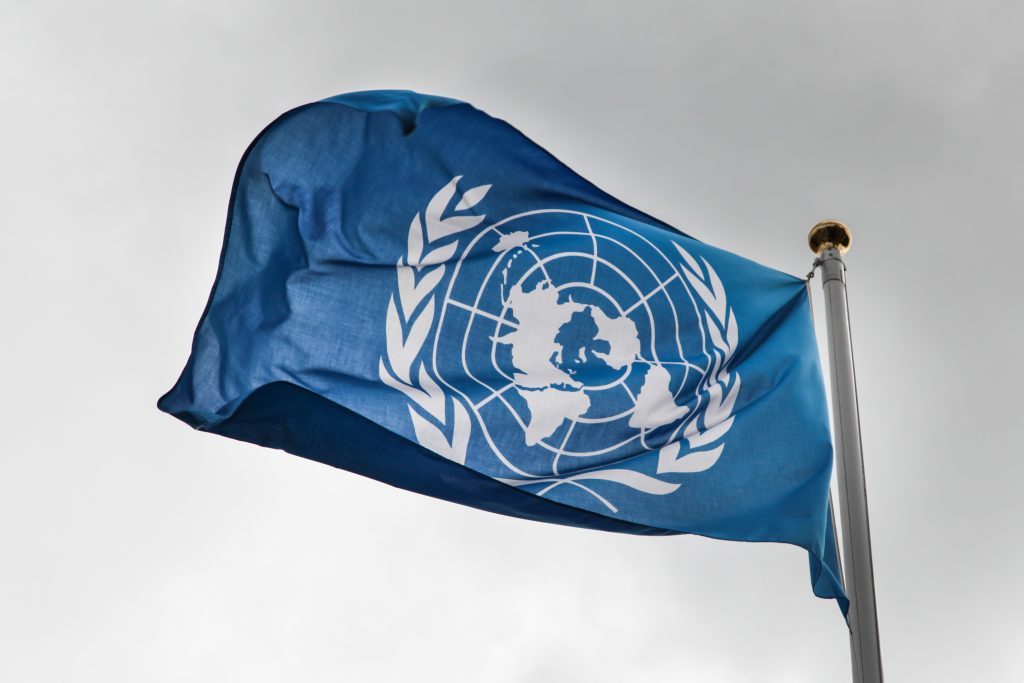On 19 and 20 July, the UN Committee against Torture (CAT) considered the third periodic report of Romania. In its concluding observations following its review, CAT noted several concerns regarding the treatment of migrants and asylum seekers in the country, including the immigration detention of vulnerable groups such as unaccompanied children and victims of torture; […]
romania
Immigration Detention in the European Union
This book offers a unique comparative assessment of the evolution of immigration detention systems in European Union member states since the onset of the “refugee crisis.” By applying an analytical framework premised on international human rights law in assessing domestic detention regimes, the book reveals the extent to which EU legislation has led to the adoption of laws and practices that may disregard fundamental rights and standards. […]

Romania Immigration Detention Data Profile (2020)
Romania Detention Data (2020) The latest detention-related data from Romania, including immigration and detention-related statistics, domestic laws and policies, international law, and institutional indicators. View the Romania Detention Data Profile Related Reading: Romania: Country Page Report: Immigration Detention in Romania: With a Little Help from the EU (2019) Submission to the Working Group on Discrimination […]

Romania: Covid-19 and Detention
Romania’s National Preventive Mechanism, the People’s Advocate, requested information from the Interior Ministry’s General Inspectorate for Immigration (IGI) to provide answers to the Global Detention Projet’s Covid-19 survey. Based on information it received from the IGI, the People’s Advocate reported that during the state of emergency, the right of persons to request international protection was […]

Romania: Covid-19 and Detention
According to the International Organisation for Migration (IOM) office in Bucharest, responding to the Global Detention Project’s Covid-19 survey, Romania has not established a moratorium on new immigration detention orders nor is it considering one. In addition, no immigration detainees have been released as a result of the Covid-19 pandemic and they are not being […]

Romania: Covid-19 Measures in Prisons
In Romanian prisons, measures such as the curtailment of visitation hours have been taken to minimise the risk of Covid-19 spread. However, on 18 March 2020, a riot broke out at the Satu Mare prison, leaving three inmates dead and two others seriously injured. The GDP has been unable to find any reports indicating that […]

Submission to the Working Group on Discrimination against Women in Law and Practice: Romania
Submission to the Working Group on Discrimination against Women in Law and in Practice (WGDW) in preparation for its visit to Romania on 24 February to 6 March 2020. The Global Detention Project (GDP) is an independent research centre based in Geneva, Switzerland, which investigates the use of detention as a response to international immigration. […]

Immigration Detention in Romania: With a Little Help from the EU
To pave the way for Romania’s entrance into the Schengen area, the EU has helped finance the county’s efforts to boost border controls and restrict how many people it lets in. Nevertheless, Romania’s treatment of refugees and migrants arguably compares favourably to that of its Visegrad neighbours, like Hungary. Observers point to a number of concerns about conditions in Romania’s immigration detention facilities, including their prison-like regimes, lack of mechanisms to identify vulnerable persons, inadequate medical services, and insufficient provision of legal assistance. […]




